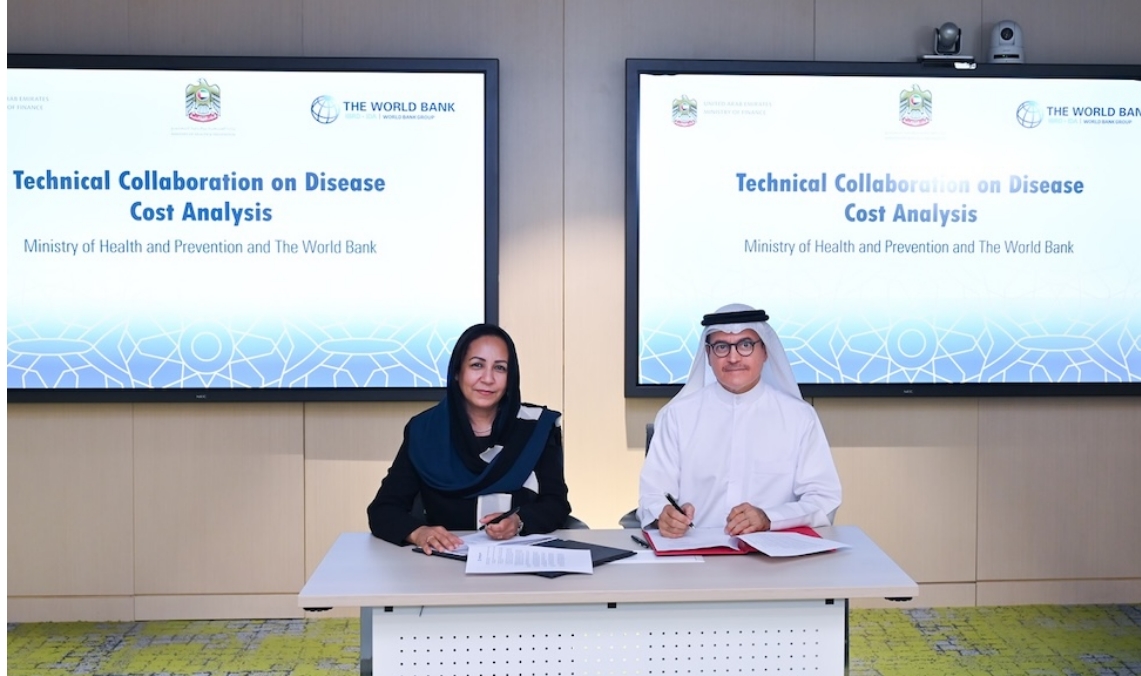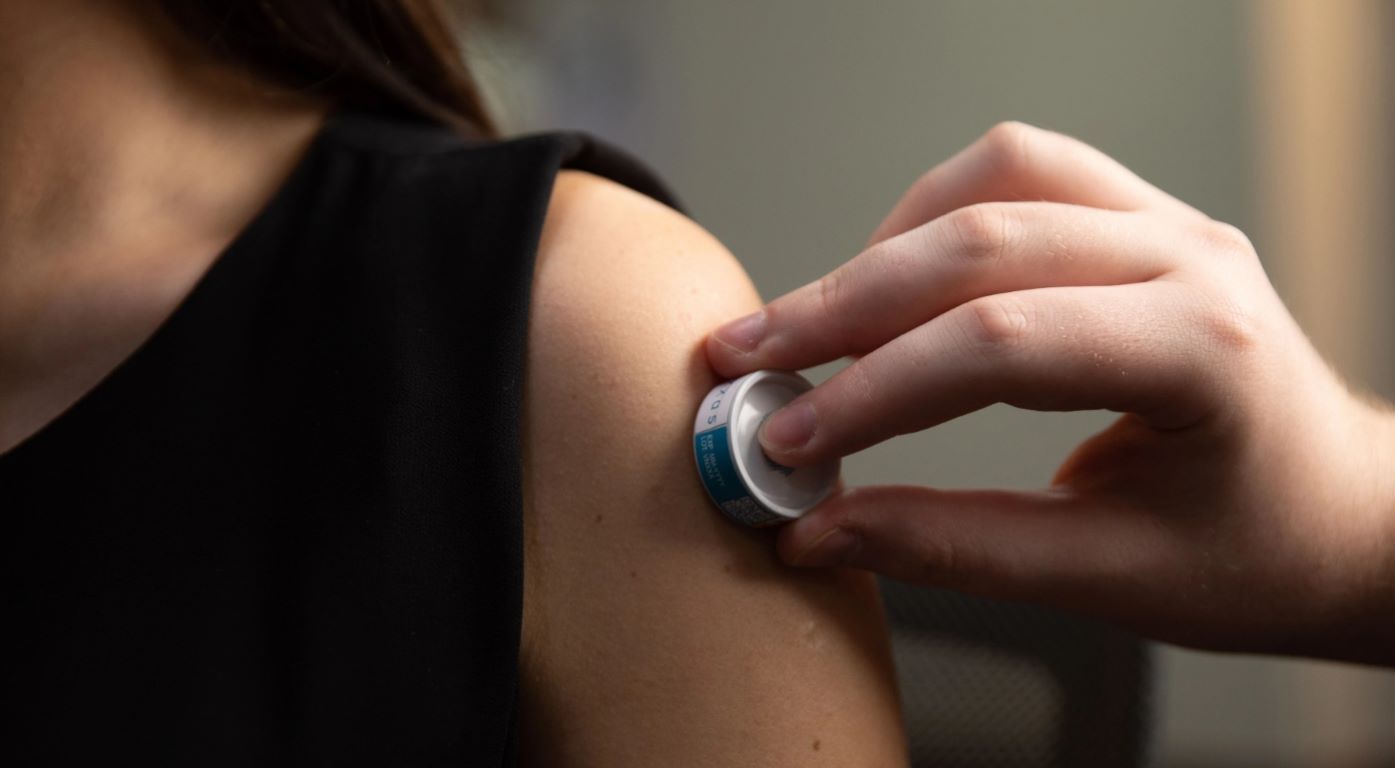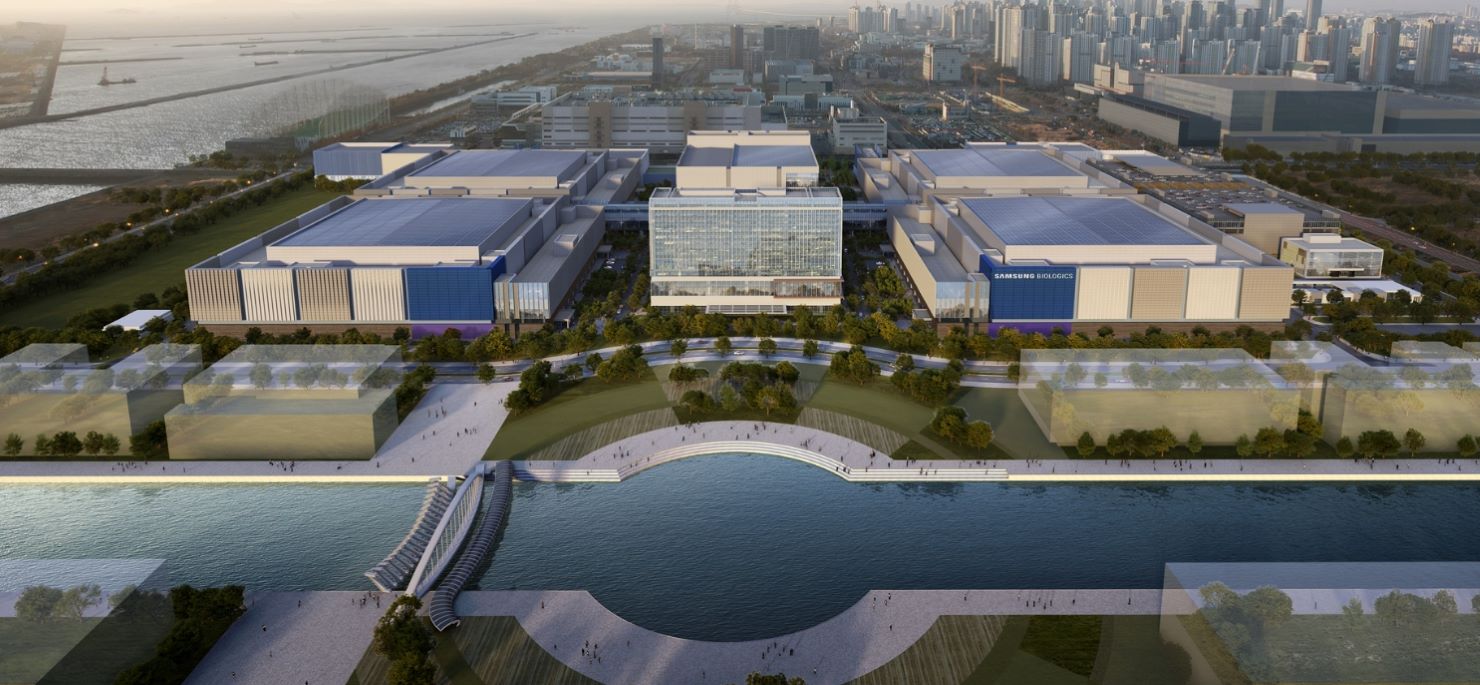How to get your drug registered in Taiwan?
25 September 2012 | Regulatory | By BioSpectrum Bureau
How to get your drug registered in Taiwan?

Are regulatory obstacles in Taiwan as tall as the Taipei 101? (World's second tallest building)
The life sciences sector in Asia Pacific (APAC) provides many opportunities for organizations that are looking for growth. Regulatory approvals are, however, an ardent task for these firms in the APAC region. BioSpectrum speaks to industry insiders and regulatory professionals from Taiwan, to compile a step-by-step guide on the regulatory processes in the country. (Also read throughout this week: Regulatory requirements in China, Australia, Hong Kong, India, Indonesia, Singapore and Korea)
The Bureau of Pharmaceutical Affairs and the Bureau of Controlled Drugs under Taiwan's Department of Health (DOH) are in charge of establishing laws and policies on the management of pharmaceutical products in Taiwan.
Besides, the Center for Drug Evaluation (CDE) also assists with the review and evaluation of new drug applications in Taiwan. division of drugs and new biotechnology products under the Taiwan FDA takes care of drug safety evaluation, new drugs, generic drugs, biologics and new biotechnology products, clinical trial drugs, pharmacy and pharmacist administration.
Taiwan established an integrated Medicinal Products Review Office (iMPRO) in 2011. It is a virtual organization based on the structure of the TFDA and the CDA and manages all review-related applications. It allows resource integration, combining review capacity of the TFDA and the CDE.
Regulatory strategy for investigational new drug (fast track)
Starting from 1999, fast track review process for an investigational new drug (IND) is issued for those clinical trial studies that have the same FDA-approved IND number as in the US. Also, starting from August 2010, fast track review for multinational IND is issued for those clinical trial studies that have been approved by advanced countries.
Regulatory strategy for new drug application
Standard review is regular review of non-CPP (Certificate of Pharmaceutical Product) application, good clinical practice, good laboratory practice, risk evaluation and mitigation strategies, good manufacturing practice and risk management plans. Moreover, priority review is for new chemical entities, serious diseases and unmet medical needs.
Furthermore, Innovative product review is for new indications, combinations, route of administrations, dosage forms, unit doses and new chemical entities. It also includes domestically manufactured products, drugs that fulfil Pharmaceutical Inspection Convention and Pharmaceutical Inspection Co-operation Scheme (PIC/S) criteria and GMP regulation.
Consultation system
Regulatory consultation system for pharmaceutical products in Taiwan can be done through online information, consultation by request, active consultation and industrial communication platform.
Future prospect
The Taiwan FDA is looking at enhancing review quality, efficiency and transparency and strengthening standards of reviewers. It needs to improve regulation consultation mechanism to facilitate industrial development and increase international competitiveness. And promote international, regional and cross-strait drug regulatory harmonization and cooperation.
(As shared by Hui-Ping Chang, section chief, Division of Drugs and New Biotechnology Products, Taiwan Food and Drug Administration, during 'Pharmaceutical Regulatory Summit' held in Singapore during August 2012)
To know more about regulatory-related issues in Taiwan, visit www.doh.gov.tw











